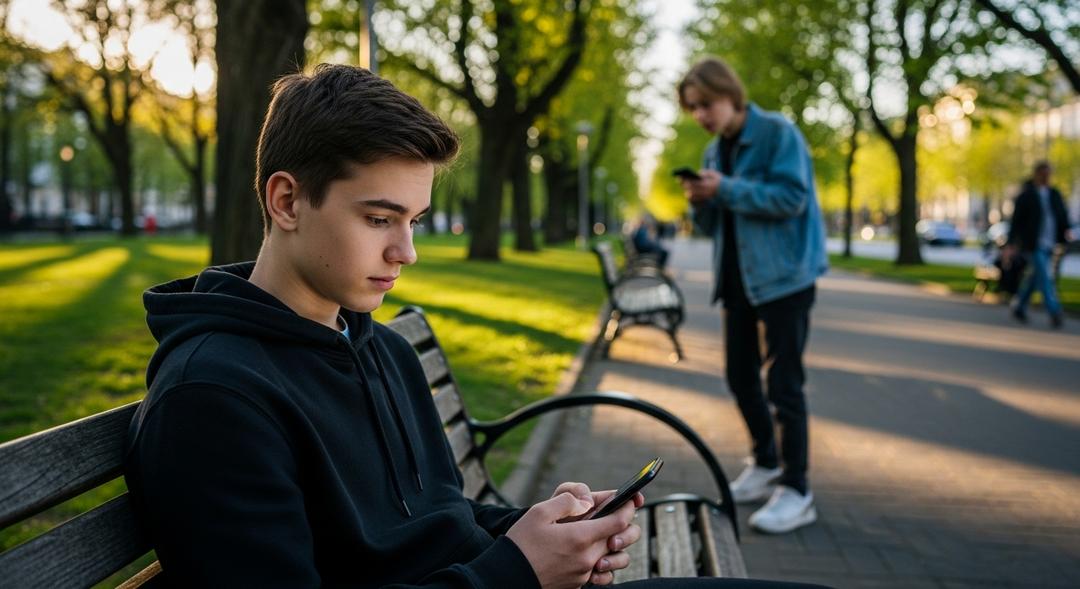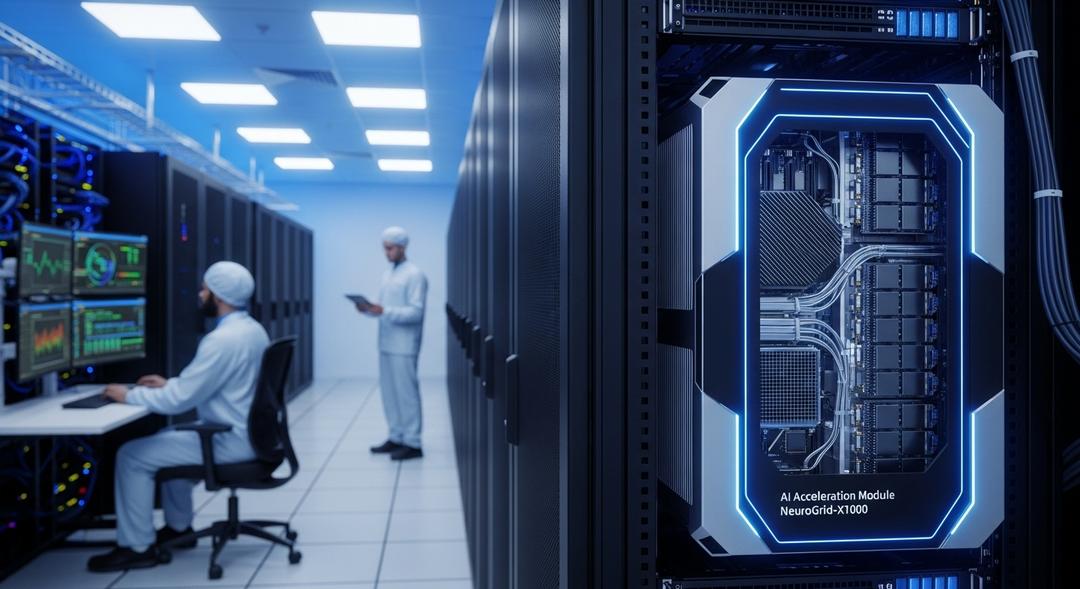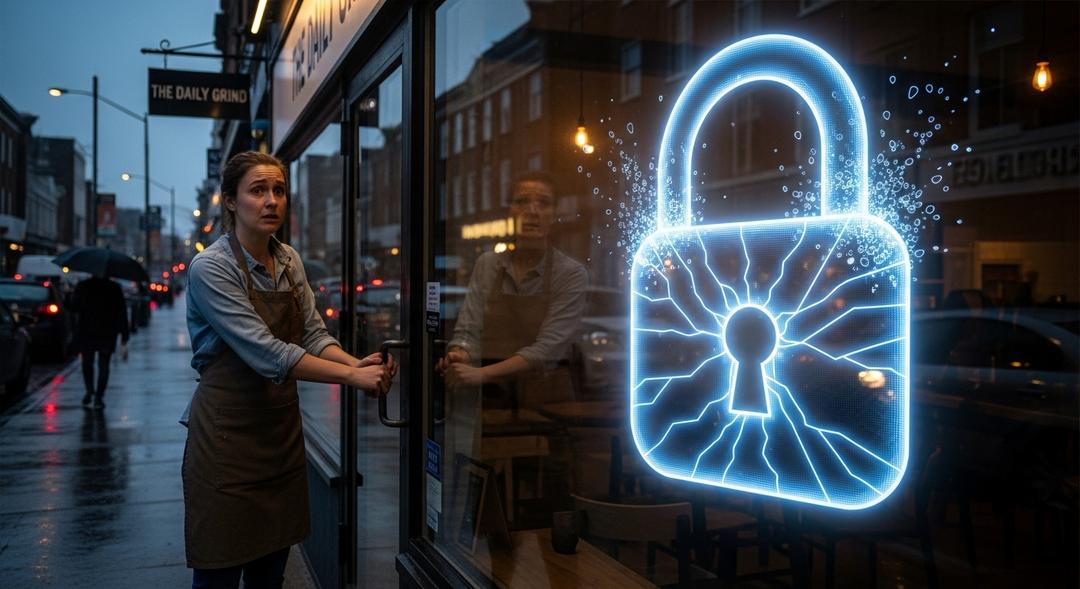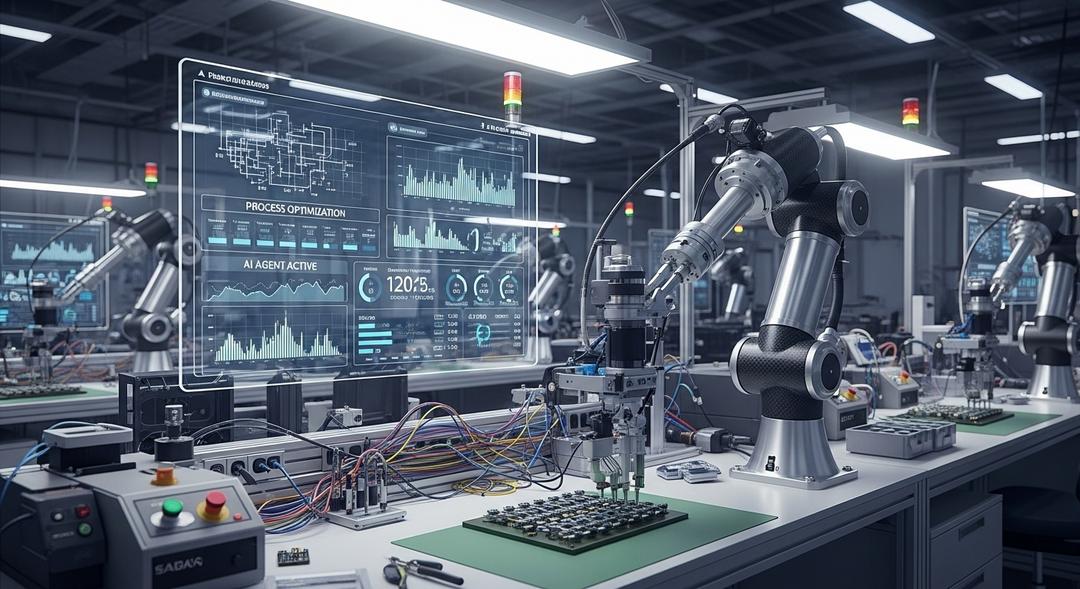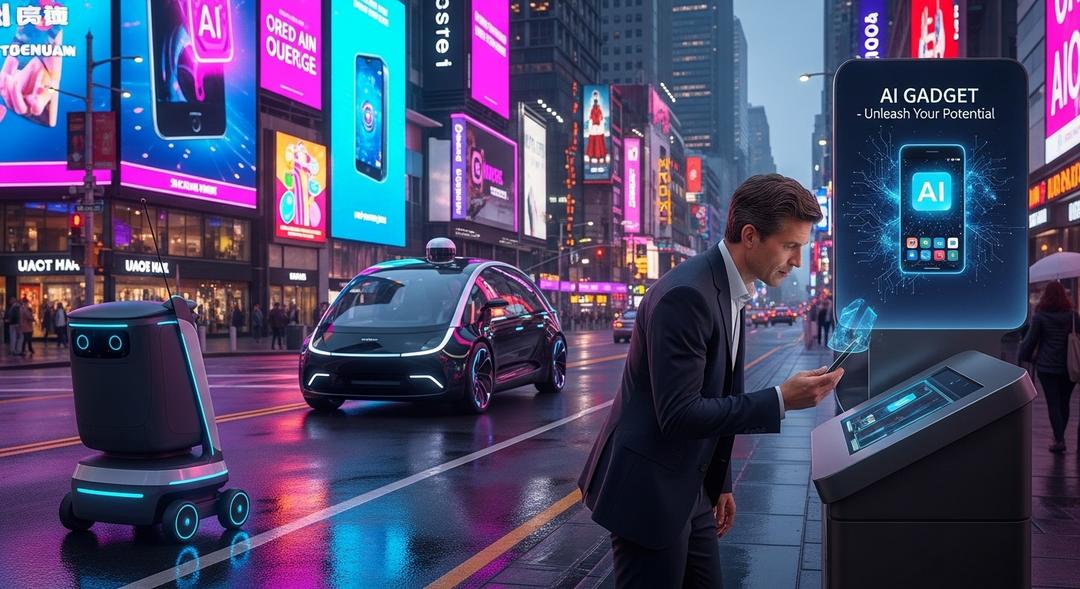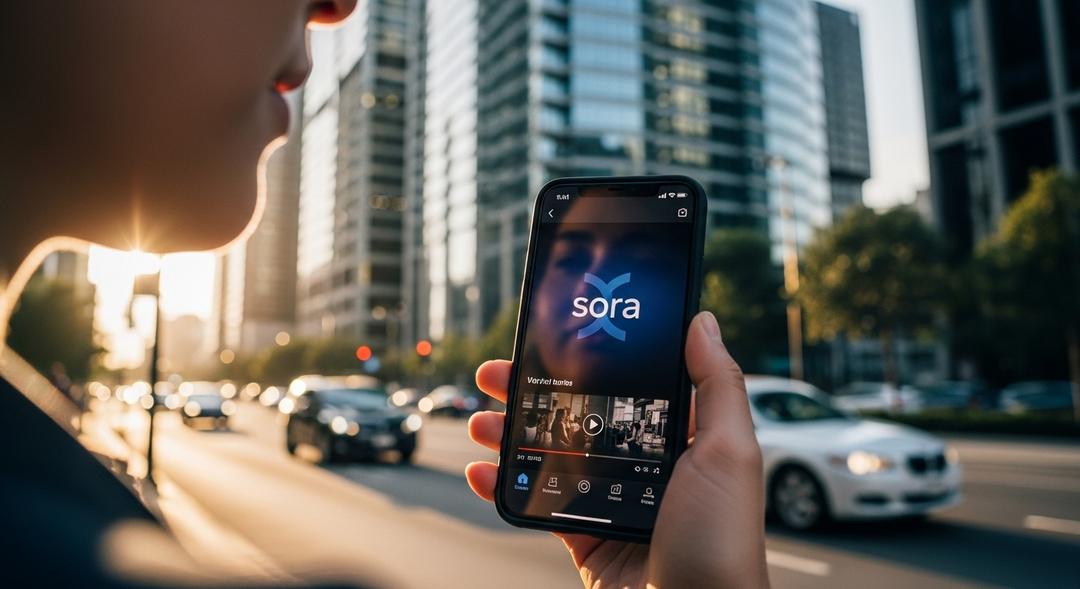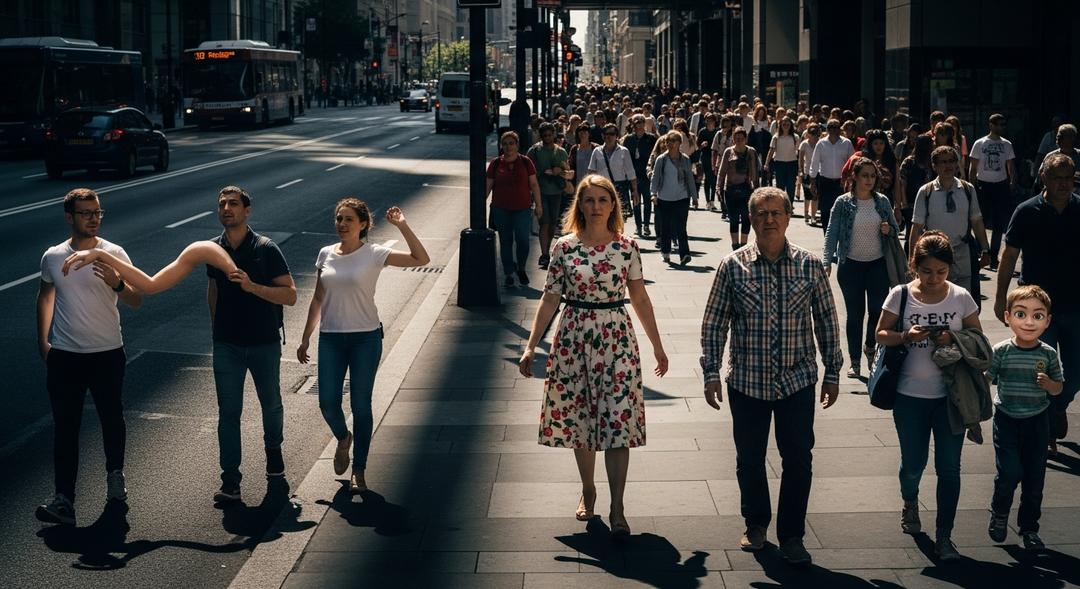A growing number of high school students are forging unexpected bonds, not just with peers, but with artificial intelligence.
A recent nationwide survey reveals that nearly one in five teens knows someone who has had a romantic connection with an AI.
The findings don’t stop there, as forty-two percent say they or someone close have turned to AI for companionship. The research, led by the Center for Democracy and Technology report, captured the voices of about one thousand teenagers, along with teachers and parents, from schools around the country.
AI’s influence in schools is visible everywhere, with most students, teachers, and even parents engaging with these tools last school year.
Researchers like Elizabeth Laird have noticed a clear link: the more ways a school uses AI, the likelier it becomes for students to view AI as a friend or even a romantic interest. Laird points out, “The more ways that a student reports that their school uses AI, the more likely they are to report things like ‘I know someone who considers AI to be a friend.'”
Concerns about privacy and misuse run parallel with these trends. As AI use in schools ramps up, so do reports of major data breaches, manipulated videos, and troubling interactions that extend from harassment to bullying.
Unintended Consequences in Schools
Nearly twenty-eight percent of teachers using AI for a broad range of school tasks have experienced widespread data breaches, compared to eighteen percent of their peers who rarely use it.
Laird, with her background in data privacy, says sharing extensive school data with AI systems often comes at the cost of increased vulnerability. She notes, “AI systems take a lot of data, they also spit out a lot of information too. That is contributing to that connection.”
Teachers relying heavily on AI were also more likely to report technical failures and an erosion of trust among parents and communities.
Some schools, in an effort to keep students safe, have implemented AI monitoring on school devices, sometimes triggering false alarms and even police involvement. This surveillance brings particular concern for students who use only school devices, leaving them with little expectation of privacy.
Students in AI-heavy environments often turn to these systems for issues beyond academics, including mental health support, companionship, escapism, and romantic interactions.
Among those chatting with AI for personal reasons, almost one in three used a device or app provided by their school.
Despite AI’s potential, training remains spotty. Less than twelve percent of teachers have been trained to respond if student AI use becomes unhealthy.
Educators who use AI extensively see benefits in efficiency and tailored learning, yet students in these environments express more worries about feeling alienated from real connections.
Laird sums it up by saying, “What we hear from students is that while there may be value in this, there’s also some negative consequences that are coming with it, too.”
Recently, teens and AI friends are changing how real bonds form, highlighting both the opportunities and challenges emerging as these relationships evolve.
